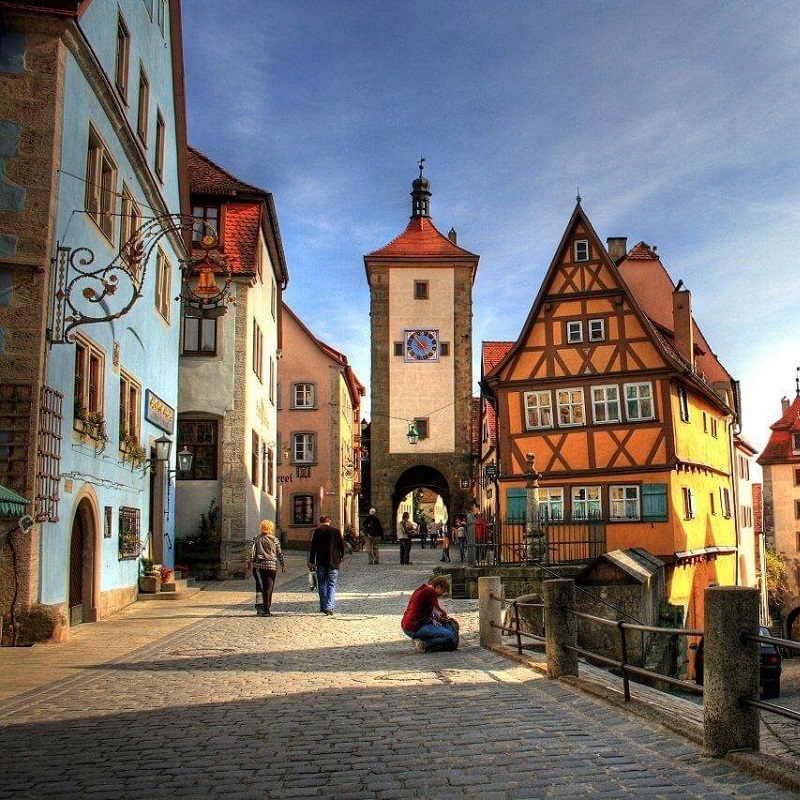About Luxembourg
Description
Luxembourg is a small mostly rural European country, surrounded by Belgium, France and Germany. The region is mostly dense Ardennes forest, nature parks and rocky gorges. Its capital, Luxembourg City, is one of the four official capitals of the European Union and the seat of the Court of Justice of the European Union, the highest judicial authority in the EU. With an area of 2,586 square kilometres (998 sq mi), it is one of the smallest sovereign states in Europe
Things to know about Luxembourg
-
1Cities in Luxembourg
Luxembourg ranks 6th among the top ten most liveable cities in the world by Mercer's. The southern two-thirds of Luxembourg is known as the Bon Pays, or Gutland (French and German: “Good Land”). The Bon Pays is densely populated and contains the capital city, Luxembourg, as well as smaller industrial cities such as Esch-sur-Alzette.
-
2Transportation in Luxembourg
Luxembourg has a modernised road transportation system with motorways connecting capital city to other adjacent countries. As for the railway services, Luxembourg has the high speed TGV that links to Paris. Luxembourg also has airports, tram services, etc crediting to its effective transport system.
-
3Culture in Luxembourg
Its culture, people, and languages are highly intertwined with its neighbours, making it essentially a mixture of French and German cultures, as evident by the nation's three official languages: French, German, and the national language of Luxembourgish.
-
4Cost of Living
The accommodation costs for most cities in and around Luxembourg can range from anywhere between 500 to 800 Euros per month. The rates are high in central areas of Luxembourg City and students can get more affordable rates with sharing between two or more people. Added to that is the basic living cost which can be around 200 to 350 Euros depending on the students’ lifestyle choices.
-
5Learn German Guide
Good German language skills can help you feel more at home in German speaking countries. No prior German language knowledge is necessary if you enrol in an English-language degree programme, but you do need very good English skills.
The best thing is that most of the universities offer the possibility to learn German for the daily use of the language before or during the English taught study program in Germany. We recommend that you acquire theses German skills as it opens up for careers and the German job market, but stress that this is not a mandatory part of the study program / schedule.








